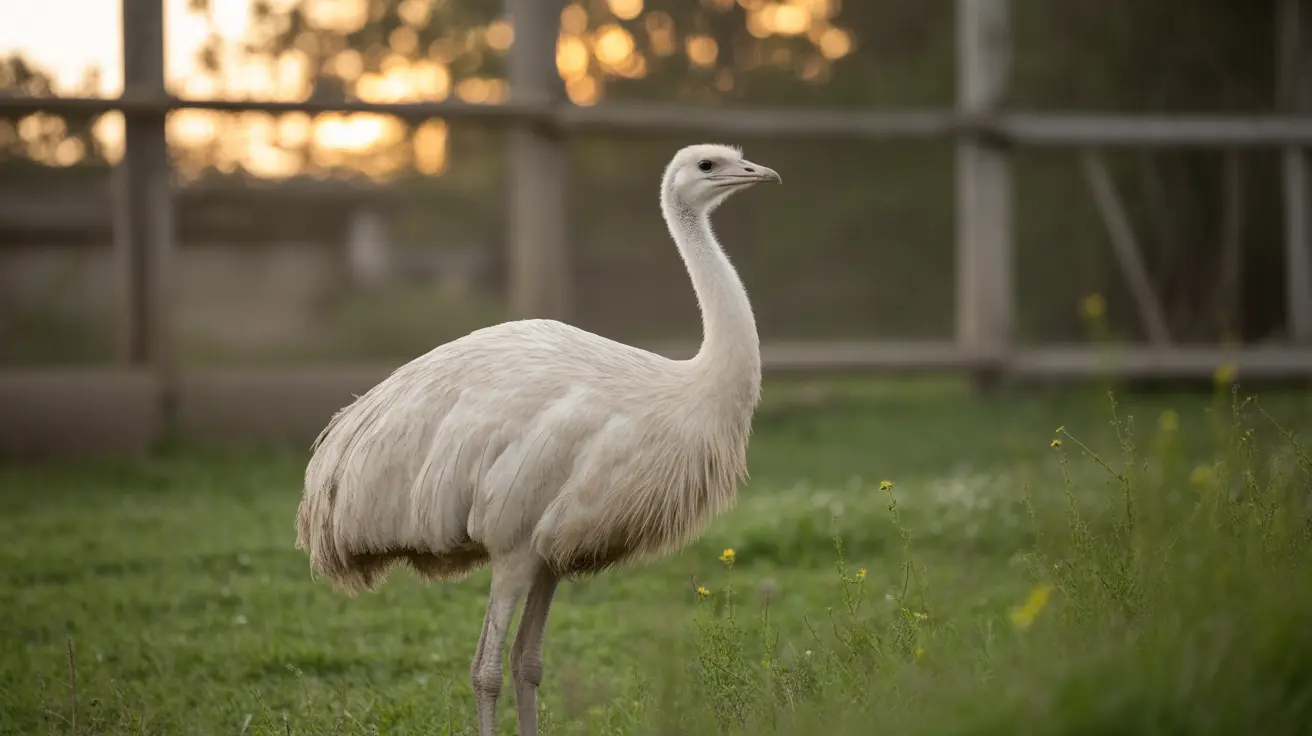Should You Feed Your Dog Raw or Cooked Liver?
Liver is one of the most nutritionally dense organ meats available and offers a range of health benefits for dogs when properly included in their diet. However, many pet owners wonder whether it's better to feed dogs raw or cooked liver. Let's explore the pros and cons of both options, along with preparation tips and safety guidelines.
Why Liver Is Good for Dogs
Liver is exceptionally rich in vitamins and minerals that contribute to a dog's overall health. These include:
- Iron – Supports red blood cell production and prevents anemia.
- Vitamin A – Vital for vision, immune function, and skin health.
- B Vitamins (especially B12) – Aid in energy metabolism and nervous system function.
- Copper, Zinc, Selenium – Crucial trace minerals for immune system and cellular health.
- High-quality Protein – Supports muscle growth, repair, and energy levels.
- Essential Fatty Acids – Help maintain a shiny coat and healthy skin.
These nutrients are particularly valuable for puppies, active dogs, older dogs with nutritional deficiencies, and dogs recovering from illness.
Benefits of Cooked Liver
While raw feeding has gained popularity among some pet owners, cooking liver is widely recommended due to its safety benefits. Cooking liver:
- Reduces the risk of bacterial contamination, including Salmonella or E. coli.
- Allows for easier digestion, especially beneficial for dogs with sensitive stomachs.
- Preserves most nutrients when prepared properly (e.g., boiling, baking, sautéing without spices).
- Ensures liver is free from parasites that may be present in raw meat.
It is best to boil, bake, or sauté the liver without adding salt, oil, or spices. After cooking, let it cool and cut it into bite-sized pieces to reduce choking hazards.
Drawbacks of Feeding Raw Liver
Raw feeding proponents argue that raw liver retains more of its natural enzymes and nutrients. However, the risks often outweigh these claimed benefits:
- High risk of pathogens that can harm your dog (especially puppies or immune-compromised pets).
- Possible contamination to humans from handling raw meat.
- Difficult to portion safely and ensure clean storage conditions.
- Less palatable for some dogs compared to the aroma and texture of cooked liver.
Unless you source raw liver from a highly trusted supplier and follow strict hygienic practices, cooking is usually the better route for health and safety.
Choosing the Right Type of Liver
Not all liver is created equal. Here are a few common options:
- Chicken liver: Very palatable and high in vitamin A and B vitamins. Popular for training treats.
- Beef liver: Lower in fat and higher in minerals. Ideal for dogs with pancreatitis or sensitive systems.
- Lamb and pork liver: Also nutritious but best fed in smaller portions due to richness and fat content.
Always choose organic, pasture-raised, or reputable commercial options to avoid unwanted hormones or additives.
How Much Liver Should a Dog Eat?
While liver is healthy, it must be fed in moderation due to its high vitamin A and copper content. Overconsumption can lead to toxicity. A general guideline suggests:
- Liver should make up no more than 5-10% of a dog’s total daily caloric intake.
- For a 50-pound dog, that’s about 2-3 ounces (roughly 85g) per day.
- Adjust accordingly based on breed size, age, and overall diet.
- Account for commercial food content if liver is already part of kibble or wet food.
Potential Side Effects and Allergies
While rare, some dogs may have allergies or intolerances to liver. Monitor your dog for the following signs:
- Vomiting or diarrhea
- Itchy skin or rashes
- Excessive thirst or urination
- Trouble breathing (in severe allergies)
Also be cautious with dogs that:
- Have a history of high cholesterol
- Are on MAOIs or antibiotics
- Are breeds prone to copper storage disease (e.g., Bedlington Terriers)
Always consult your vet before adding liver to your dog’s diet, especially if your pet has a chronic health condition.
Storage and Handling Tips
To keep cooked liver fresh and safe for consumption:
- Store in an airtight container in the refrigerator for up to 2 days.
- Freeze individual portions for longer-term storage (up to 3 months).
- Avoid seasoning or adding garlic/onions, which are toxic to dogs.
Conclusion: Cooked Liver Is the Safer Choice
Liver provides a powerful nutritional boost for dogs, offering essential nutrients that support many bodily functions. While feeding raw may offer slightly better nutrient retention, the risks of bacterial contamination outweigh the benefits for most pet owners. Properly cooked liver is safer, more digestible, and easier to handle. Keep portions small and incorporate liver as part of a balanced, veterinarian-approved canine diet.





